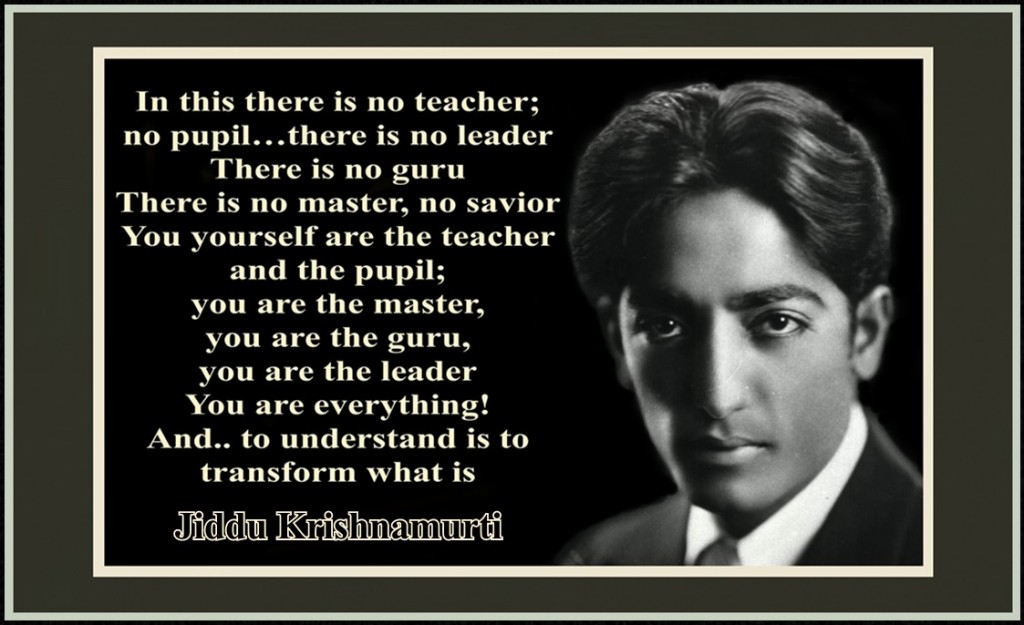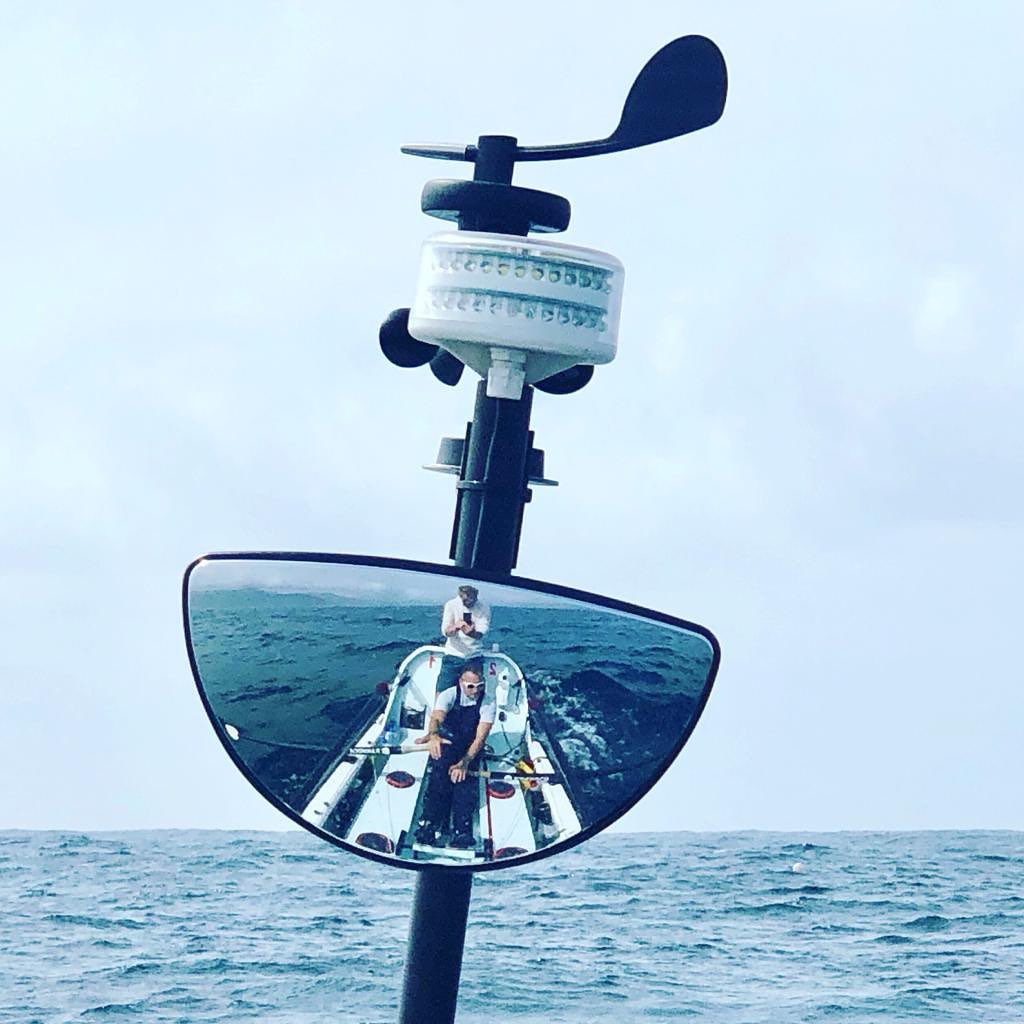“Fear can only exist in relationship; fear cannot exist by itself, in isolation. There is no such thing as abstract fear; there is fear of the known or the unknown, fear of what one has done or what one may do; fear of the past or of the future. The relationship between what one is and what one desires to be causes fear. Fear arises when one interprets the fact of what one is in terms of reward and punishment. Fear comes with responsibility and the desire to be free from it. There is fear in the contrast between pain and pleasure. Fear exists in the conlflict of the opposites. The worship of success brings the fear of failure. Fear is the process of the mind in the struggle of becoming. In becoming good, there is the fear of evil; in becoming good, there is the fear of evil; in becoming complete, there is the fear of loneliness; in becoming great, there is the fear of being small. Comparison is not understanding; it is prompted by fear of the unkonwn in relation to the known. Fear is uncertainty in search of security.
The effort to become is the beginning of fear, the fear of being or not being. The mind, the residue of experience, is always in fear of the unnamed, the challenge. The mind, which is name, word, memory, can function only within the field of the know; and the unknown, which is challenge from moment to moment, is resisted or translated by the mind in terms of the known. This resistance or translation of the challenge is fear; for the mind can have no communion with the unknown. The known cannot commune with the unknown; the known must cease for the unknown to be.
The mind is the maker of fear; and when it analyses fear, seeking its cause in order to be free from it, the mind only further isolates itself and thereby increases fear. When you use analysis to resist confusion, you are increasing the power of resistance; and resistanc eof confusion only increases the fear of it, which hinders freedom. In communion there is freedom, but not in fear.”
excerpt from
Commentaries On Living, First Series

 RAWFIT est. 1999
RAWFIT est. 1999 

